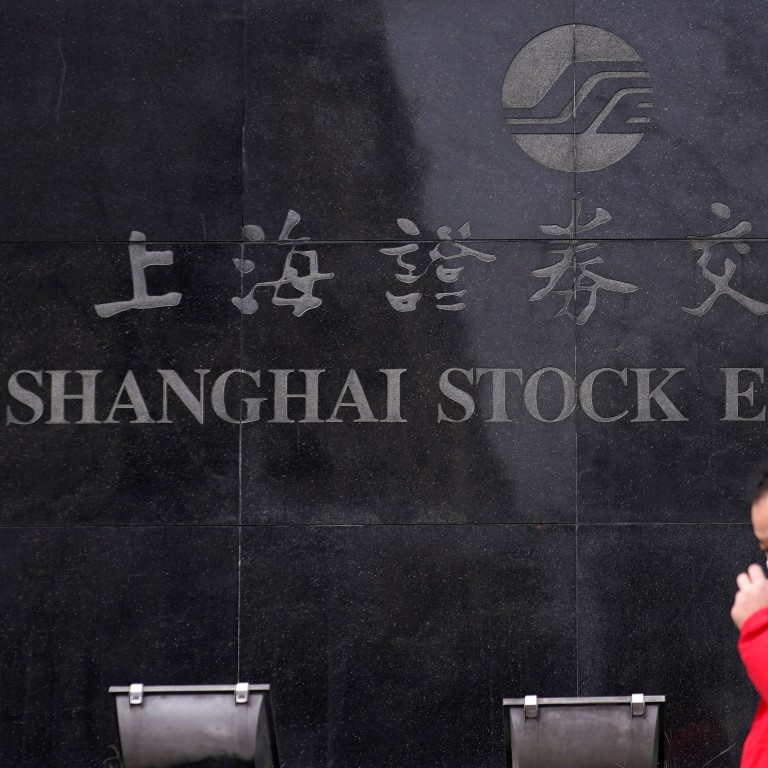
Hong Kong stocks log weekly loss as strong China data reignites monetary tightening concerns
- Hang Seng Index slipped 1.1 per cent as liquidity-sensitive technology companies like Wuxi Biologics dragged the market benchmark lower
- China’s producer prices rose 4.4 per cent in March from a year earlier, the biggest increase since July 2018 and beating market consensus
Wuxi Biologics, Sunny Optical Technology and Meituan slumped at least 2.1 per cent.
The Shanghai Composite Index slid 0.9 per cent and the ChiNext gauge of smaller companies slumped 1.5 per cent.
China’s producer prices rose 4.4 per cent in March from a year earlier, the biggest increase since July 2018, the statistics bureau said on Friday. That also exceeded the median estimate of a 3.6 per cent gain in a Bloomberg survey. Consumer inflation accelerated to 0.4 per cent in March.
The rosy data added to other signs that the recovery at the world’s second-largest economy has been gaining traction, increasing the odds that Beijing will put a brake on easy and cheap credit. Other media reports earlier this week also suggested that China’s central bank was hoping to temper loan growth in 2021.
“The inflection point of macro-liquidity has basically been confirmed,” said Yang Ruomu, an analyst at Dongxing Securities. “Expectations about liquidity tightening have been rising, which will make it difficult to support the current market valuation.”
China’s economy probably grew by 18 per cent in the first quarter, according to the projection by economists polled by Bloomberg. The number is due next week. Gross domestic product saw a historic contraction a year ago due to the Covid-19 outbreak.
Declines in Hong Kong and mainland markets contrasted with overnight gains in US equities, where the S&P 500 index climbed to a record for a second straight day. Chairman Jerome Powell reassured investors the Federal Reserve can rein in inflation without derailing economic recovery, sending the benchmark 10-year Treasury yield lower.
SF Holding, China’s biggest parcel-delivery company, tumbled by the 10 per cent daily limit to 72.72 yuan in Shenzhen, completing a 12 per cent weekly loss. The company probably posted a first-quarter loss of as much as 1.1 billion yuan (US$167.9 million), because of increased infrastructure investment, capital expenditure and labour costs, it said in an exchange filing.
Linklogics, a supply-chain financing company backed by Tencent Holdings, jumped 9.9 per cent from the initial public offering price to HK$19.32 on the first day of trading in Hong Kong.
Three companies debuted on Shenzhen’s ChiNext board and one on Shanghai’s Star Market. The four surged by at least 249 per cent, with Zhongjin Irradiation being the best performer with a gain of 921 per cent above its offer price.

